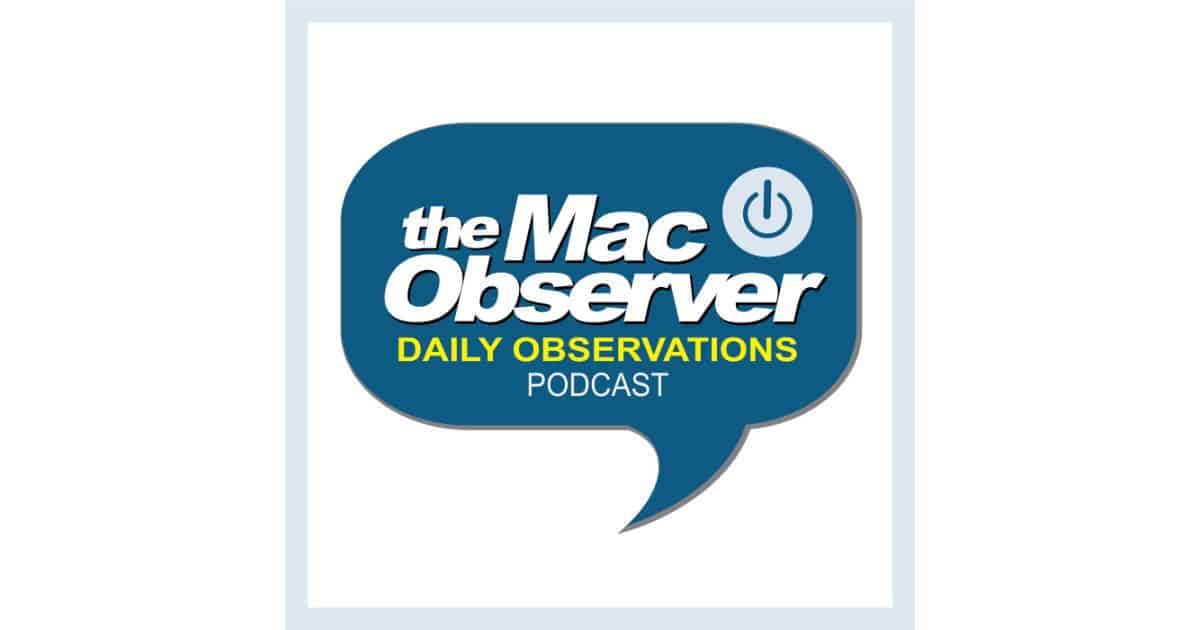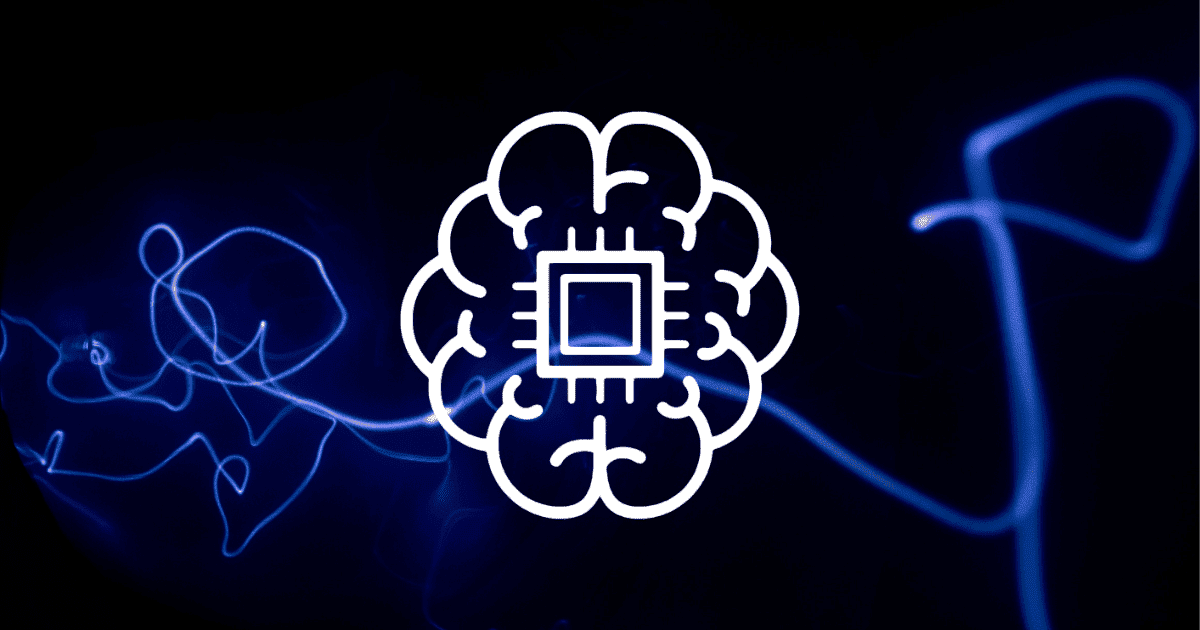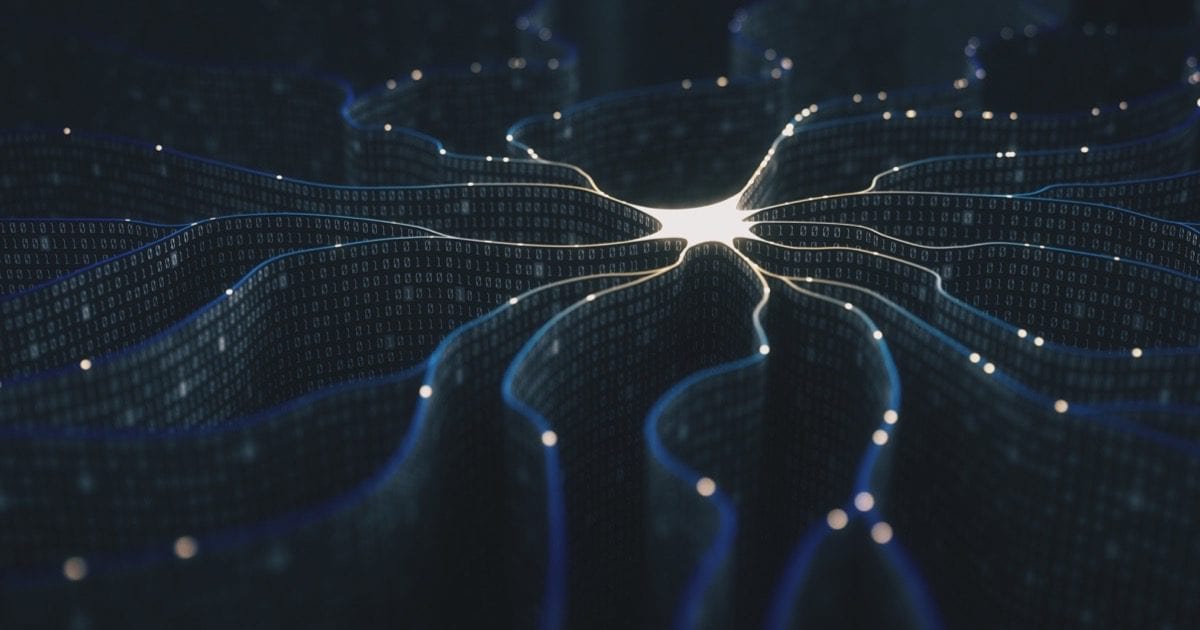TMO Managing Editor Jeff Butts and Ken reach into the Mailbag for thoughts on A.I. and Apple without a Chief Design Officer. Come for the talking, stay for the rest of the talking! And drop your thoughts in the mailbag: [email protected]
AI
Big Tech's Big A.I. Push with Tom Merritt - TMO Daily Observations 2023-02-10
Daily Tech News Show’s Tom Merritt named generative A.I. the most important story of 2022. It is not slowing down in 2023. He joins Ken to talk about this week’s announcements from Microsoft and Google. Plus – what’s going on with Apple and A.I.?
Adding AI and Revving the Engines
Big tech goes bigger on AI, Google and Mozilla rev their engines for iPhone, and for sale: One Apple Museum Starter Kit.
Apple’s Internal AI Summit Event Once Again Live and In Person
Apple is reportedly returning to a live, in-person format for its internal AI summit. Will it do likewise for public events?
A.I. Imitators and A.I. Problem Solvers - TMO Daily Observations 2023-01-11
On a day that Apple trumpets the many successes of its Services segment, ripoff ChatGPT apps are infesting Apple’s App Store. TMO Managing Editor Jeff Butts joins Ken to discuss the issue. Plus – generative A.I. isn’t just for drawing pictures and cheating on term papers anymore. Jeff looks at ways A.I. is building the cures of tomorrow.
Doubting Nikkei and Robots Read Stories - TMO Daily Observations 2023-01-06
A few suppliers have called shenanigans on Nikkei’s story about Apple reducing orders. TMO Managing Editor Jeff Butts and Ken talk that over. Plus – The people reading Apple’s latest audiobooks aren’t people (but they really sound like them).
Tom Merritt's Most Important and Interesting Stories of 2022 - TMO Daily Observations 2022-12-28
Daily Tech News Show’s Tom Merritt broadens the scope on our 2022 review. His most important story is an intelligent look at A.I. image and text generation, while peak streaming grabs his interest.
Ads on Apple TV+ and the Joe and Jobs A.I. Show - TMO Daily Observations 2022-10-13
There is talk again/still that Apple may try an ad-supported tier for Apple TV+. TMO writer Nick deCourville tells us why people think so and what such a thing might look like. Also – Joe Rogan interviewed Steve Jobs this week, except – obviously – no he did not. Sure sounds like it though… Nick and Ken talk about that creepy, creepy conversation.
With James Earl Jones Retiring, Voice of Sith Lord Darth Vader to Live On Through AI
We’re all aware of how fleeting life can be. The voice of such iconic villains as Darth Vader can persist, though, through the magic of AI.
Thoughts About the Future of AI Applications on Apple Devices and Their Impact on Public Health
Apple’s evolving adoption and development of AI could offer tremendous benefits to public health on a global scale.
Professor and Designer Generates What the Apple Car May Look Like Using AI
Using AI, professor and designer John Mauriello uses DALL-E 2 to generate what a computer thinks the Apple Car would look like.
Adobe Ramps Up AI-based Editing, Intros Web-based Photoshop for Creative Cloud
Adobe unveiled new versions of its Creative Cloud apps at Adobe MAX on Tuesday. The updated creative design apps rely more on AI and machine learning for editing, Photoshop and Illustrator for iPad get some new features, and now you can use Photoshop in a web browser.
Apple's Mass Turnover in iCloud, Health, AI Teams
Quite a few big names are leaving Apple. This recent mass turnover from Cupertino’s Health, iCloud, and AI teams could be a result of Apple’s controversial back-to-the-office policy, or simply a reflection of the times in tech careers.
Rounded Rectangles, AR Companions – TMO Daily Observations 2020-06-03
Andrew Orr and Bryan Chaffin join host Kelly Guimont to discuss Steve Jobs’ rectangle preference, and what an AI companion could look like.
NASA Chair, Lib. of Congress Dr. Susan Schneider - TMO Background Mode Interview
Dr. Susan Schneider is an Associate Professor of Philosophy and Cognitive Science at The University of Connecticut. She writes about issues in philosophy, AI, cognitive science and astrobiology. Within philosophy, she works on both the computational nature of the brain and the metaphysical nature of the mind. The topics she has written about most recently include radical brain enhancement, machine intelligence, consciousness, and the nature of persons. Her new book is Artificial You – AI And The Future Of Your Mind.
In our chat we covered many of the major issues of AI: the computational nature of the mind, consciousness, the question of whether consciousness is restricted to humans, extraterrestrial post-biological intelligence, AI implants in humans, and the ethical and cybersecurity issues of AI. Susan talks to AI issues you may have never thought about before. Join me in this awesome 30 minute virtual seminar on AI.
ImageNet Roulette Shows How ML Classifies You
ImageNet Roulette is part of an art and technology exhibit called Training Humans. Upload a photo and the algorithm will give you a classification. Some of the labels are funny, others are racist.
ImageNet Roulette is meant in part to demonstrate how various kinds of politics propagate through technical systems, often without the creators of those systems even being aware of them.
We did not make the underlying training data responsible for these classifications. We imported the categories and training images from a popular data set called ImageNet, which was created at Princeton and Stanford University and which is a standard benchmark used in image classification and object detection.
I uploaded a photo of me and the label I received was “beard.” Accurate.
Fake AI Voice Revealed in March Cybercrime Case
A fake AI voice was used to impersonate a CEO’s voice to demand a fraudulent transfer of US$243,000. No suspects have been found yet.
TV+ Pricing, Microsoft's AI Hire – TMO Daily Observations 2019-08-20
John Martellaro and Charlotte Henry join host Kelly Guimont to talk about the leaked TV+ Pricing and the latest AI hire at Microsoft.
Estonia’s Government AI Starts in Healthcare Next
Ott Veslberg, Estonia’s chief data officer, wants a government AI to work in every aspect of the country’s public services, and healthcare is next.
Are AIs Being Designed to Harm Us?
The question we must always have for the high tech giants is embedded in this essay at the Internet Health Report:
“Are you going to harm humanity and, specifically, historically marginalized populations, or are you going to sort of get your act together and make some significant structural changes to ensure that what you create is safe and not harmful?”
Given the demonstrated proclivity of many high tech companies to, without adult supervision, create technologies that callously enrich them at our great expense, the above is a great question to ask. Every day. Of every technology.
Machine Learning and Creativity – TMO Daily Observations 2019-04-30
John Martellaro and Bryan Chaffin join host Kelly Guimont to discuss the effects of machine learning on creativity and artistic pursuits.
A Thorny Problem: When an AI Composes Music
The Verge writes about legal issues when an AI composes music.
The word “human” does not appear at all in US copyright law, and there’s not much existing litigation around the word’s absence. This has created a giant gray area and left AI’s place in copyright unclear. It also means the law doesn’t account for AI’s unique abilities, like its potential to work endlessly and mimic the sound of a specific artist.
Not to mention the question of who owns the copyright of this new music. Fascinating discussion here.
AI-based Malware is Coming For Our Networks
Security Week writes:
The threat of a HAL-9000 intelligence directing malware from afar is still the realm of fiction, so too is the prospect of an uber elite hacker collective that has been digitized and shrunken down to an email-sized AI package… However, over the next two to three years, I see six economically viable and “low hanging fruit” uses for AI infused malware – all focused on optimizing efficiency in harvesting valuable data, targeting specific users, and bypassing detection technologies.
Author Gunter Ollmann describes six ways networks will be attacked.
Apple Music vs Spotify, AI and Special Projects – TMO Daily Observations 2019-04-05
Andrew Orr and Charlotte Henry join host Kelly Guimont to discuss Apple Music/Spotify subscriptions, and new hires in Special Projects.













